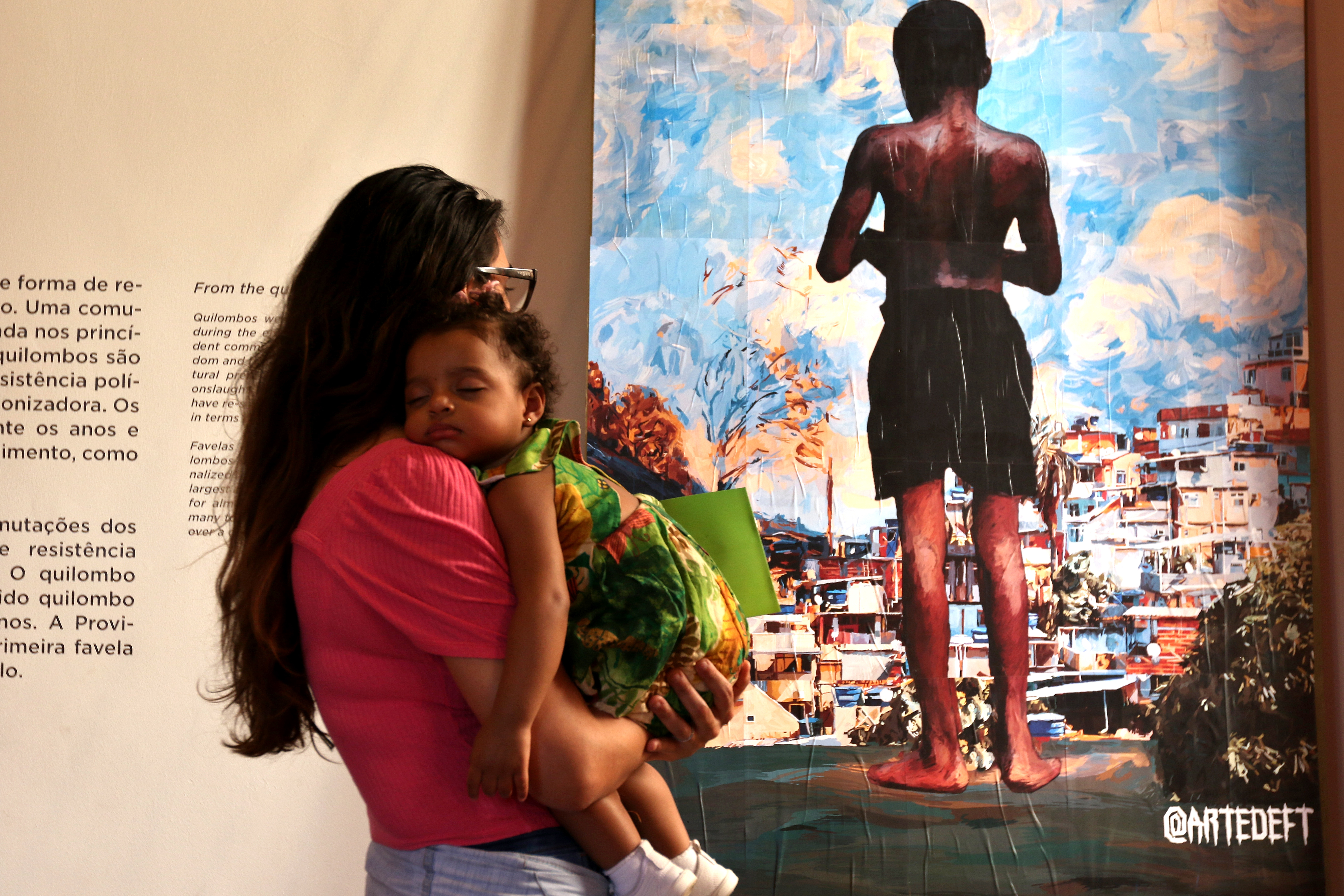The Garbage That Conditions Us
Investigações sobre a Relação com o "Pai" e "Mãe" em um Presente Insustentável
DOI:
https://doi.org/10.23925/2318-5023.2022.n6.e62885Keywords:
Ecological View, Garbage Society, Patriarchy and Matriarchy, Puer and Senex, Anima MundiAbstract
This article aims to investigate how Western society has been related to the archaic models of “father” and “mother” and how this relationship can contribute to the crisis of planetary sustainability experienced in the present century. For this purpose, a study was carried out on how the paternal and maternal principles have been manifested, based on a bibliographical review of the philosophy of Vilém Flusser, who deals with the “apparatus” and the “garbage society”, of the archetypal psychology of James Hillman, who wrote about the duo puer and senex and about the anima mundi; and Luigi Zoja's analysis of the “father”. Starting from the contribution of these authors, we can see the current Western civilization as a society of “employees” trapped in early childhood, no longer guided by father figures, but programmed by an unscrupulous “apparatus”. stuffed by “material goods”, matter that lost its sacred status of motherhood and was transformed into a soulless slave forbidden to fail, or else into a “garbage can” of humanity. But from the thought of these same authors, it is also possible to envision some ways to develop a more ecological look at the world, from the archaeological sciences, proposed by Vilém Flusser, and the aistheis, defended by James Hillman.
References
ANDRADE, Oswald de. A crise da filosofia messiânica. In: Do Pau-brasil à Antropofagia e às Utopias: Manifestos, testes de concursos e ensaios. 2 ed. Rio de Janeiro: Civilização Brasileira, 1972. p. 75-138.
BAITELLO, N; SANTILLI, A.C. Manipulating a dead world: Vilém Flusser and the clashes with the (concept of) “objectivity”. Flusser Studies. Vol.34, 2022. Disponível em: https://www.flusserstudies.net/sites/www.flusserstudies.net/files/media/attachments/norval-ana-manipulating-a-dead-world.pdf. Acesso em: 17 dez. 2022.
BAITELLO, Norval. Vilém Flusser, as ciências arqueológicas e a filosofia do lixo. Cuyo: anuário de filosofia argentina y americana. Mendonza, vol.37, p.17-30, 2020. Disponível em: https://revistas.uncu.edu.ar/ojs/index.php/anuariocuyo/article/view/4254/3060.
Acesso em: 17 dez. 2022.
BERRY, Patricia. Qual é o problema com a mãe? In: O corpo sutil de Eco: contribuições para uma psicologia arquetípica. Trad. Maria Anjos e Gustavo Barcellos. Petrópolis: Vozes, 2014. p. 9-28.
BETTELHEIM, Bruno. A psicanálise dos contos de fadas. Trad. Ariene Caetano. 34 ed. Rio de Janeiro / São Paulo: Paz e terra, 2017.
BRANDÃO, Junito de Souza. Mitologia grega. 26 ed. Petrópolis: Vozes, 2015, v.1.
_______________________. Mitologia grega. 23 ed. Petrópolis: Vozes, 2015, v.2.
_______________________. Mitologia grega. 21 ed. Petrópolis: Vozes, 2015, v.3.
CYRULNIK, Bóris. Do sexto sentido: o homem e o encantamento do mundo. Trad. Ana Rabaça. Lisboa: Instituto Piaget, 1997.
FLUSSER, Vilém. A consumidora consumida. Comentário. Rio de Janeiro, vol. 13, 1972. p. 35-46.
____________. A história do diabo. 4 ed. São Paulo: Annablume, 2012.
____________. Comunicologia: reflexões sobre o futuro: as conferências de Bochum. Trad. Tereza Maria Souza de Castro. São Paulo: Martins Fontes, 2014.
____________. Da religiosidade: a literatura e o senso de realidade. São Paulo: Escrituras Editora, 2002.
____________. Pós-história: vinte instantâneos e um modo de usar. São Paulo: É realizações, 2019.
____________. O último juízo: gerações I: culpa & maldição. São Paulo: É realizações, 2017a.
____________. O último juízo: gerações II: castigo & penitência. São Paulo: É realizações, 2017b.
FREUD, Sigmund. Obras completas: O eu e o id, “autobiografia” e outros textos. Trad. Paulo César de Souza. São Paulo: Companhia das Letras, 2011, v.16.
HARLOW, Harry. Learning to love. Nova York: Ballantine books, 1971.
HILLMAN, James. O pensamento do coração e a alma do mundo. Trad. Gustavo Barcellos. Campinas: Verus, 2010.
______________. Senex e puer: um aspecto do presente histórico e psicológico. In: O livro do puer: ensaios sobre o arquétipo do puer. 2 ed. Trd. Gustavo Barcellos. São Paulo: Paulus, 2008.
MORIN, Edgar. O enigma do homem. Trad. Fernando de Castro Ferro. São Paulo: Círculo do Livro, 1973.
PARIS, Ginnete. Meditações pagãs: os mundos de Afrodite, Ártemis e Héstia. Trad. Sonia Maria Caiuby Labate. Vozes. Petrópolis, 1994.
ZOJA, Luiji. O pai: história e psicologia de uma espécie em extinção. Trad. Pericles Pinheiro Machado Jr. São Paulo: Axis Mundi, 2005.

Downloads
Published
How to Cite
Issue
Section
License
Copyright (c) 2022 Nhengatu

This work is licensed under a Creative Commons Attribution 4.0 International License.

This work is licensed under a Creative Commons Attribution-NonCommercial-ShareAlike 4.0 International License.
This license allows others to remix, adapt and create from your work for non-commercial purposes, and although new works must be credited to you and may not be used for commercial purposes, users do not have to license these derivative works under the same terms.

